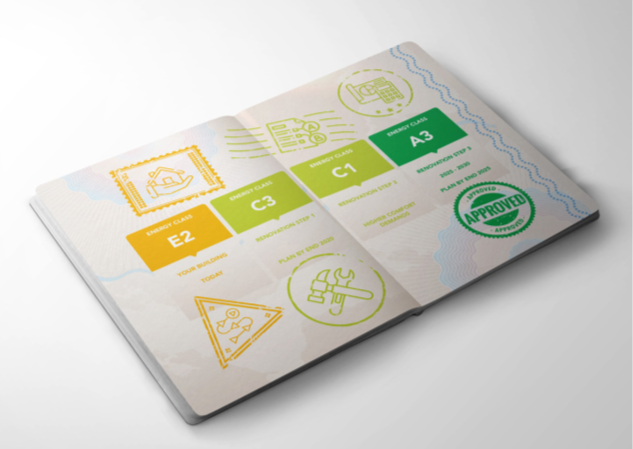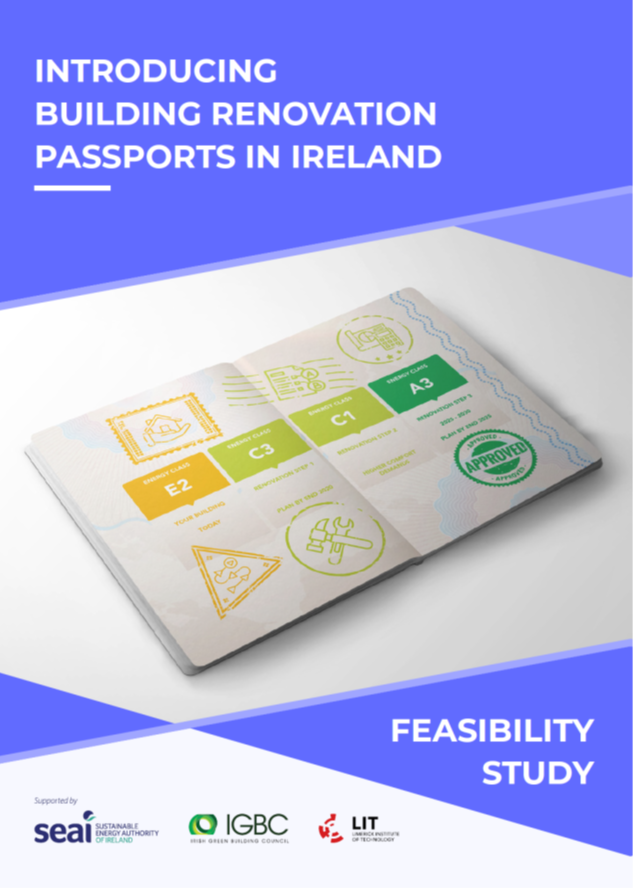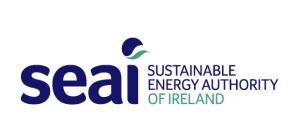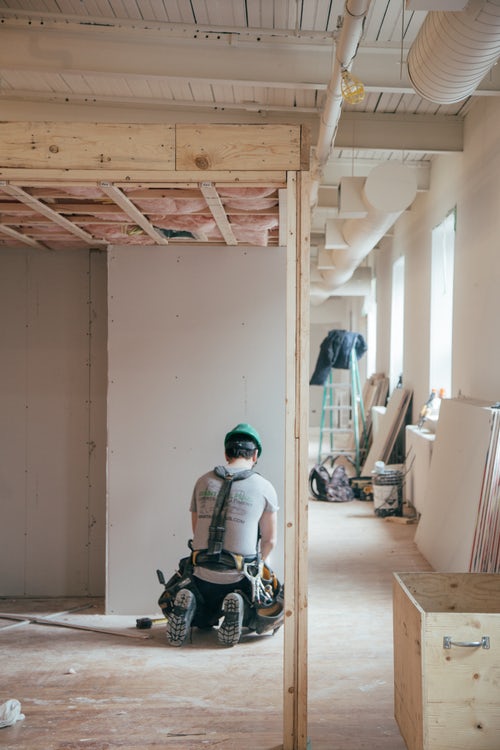
Building Renovation Passports are masterplans for retrofit and include a record of works. They ensure that any renovation works are planned and implemented in a holistic and technically sound manner, hence preventing “lock-ins” and facilitating a step-by-step approach to deep renovation. The passports could become extremely useful in addressing the barriers to consumer decision-making. By allowing a new owner to take up where a previous owner left off, it should also reduce transnational cost of retrofit where a property change hands. Finally, by improving the availability of data for valuers and lenders, passports should de-risk investments in that area and facilitate phased deep retrofit.
Building Renovation Passports are more and more considered as a key solution in Europe to avoid lock-ins and encourage phased ambitious quality retrofit. In fact, voluntary passports are mentioned in the 2018 Recast of the Energy Performance of Buildings Directive (EPBD).
About the pilot programme
In 2017, the Irish Green Building Council, in conjunction with the Department of Communications, Climate Action and the Environment (DCCAE), organised a comprehensive consultation process, involving close to 200 key stakeholders, to codesign an ambitious national renovation strategy for Ireland. Key recommendations made at the time to facilitate energy renovation included introducing building renovation passports.
In 2019-20, the IGBC and Limerick Institute of Technology (LIT) explored the role a voluntary passport system could play in supporting large scale deep renovation in Ireland. Based on extensive research, stakeholder engagement and a pilot on 20 single-family homes, they produced a feasibility study on the opportunity of introducing Building Renovation Passports in Ireland.
Key findings
- Building Renovation Passports could have a positive impact on the rate and depth of energy renovation.

- 89% of the homeowners involved in the pilot felt the Building Renovation Passports enable and motivate them to realise concrete renovation measures in the near future. Building Renovation Passports address the barriers to consumer decision-making by giving homeowners the technical information, they need to make informed choices.
- The introduction of BRPs, which would track the evolution of individual buildings, would provide policy decision-makers with valuable information on Ireland’s building stock and progress towards carbon targets. By enabling better monitoring of policy impacts, it would inform future policy and investment decisions.
- Finally, by improving quality assurance, BRPs would de-risk energy renovation investments.
- To increase impact and reduce cost, the Building Renovation Passports should be integrated within the existing BER system.
- In order for the recommendations of the BRP to be implemented and become actual renovation activity, the process must be associated with supporting measures, especially in relation to finance and regulation. Having a BRP could for instance be a requirement to receive retrofit grants, could trigger discounts on stamp duty or property/inheritance tax, or be combined with other incentives.
The “Introducing Building Renovation Passport in Ireland – Feasibility Study” is available here.
Organisations and individuals interested in learning more about this process and next steps should contact Marion – [email protected].
This project has been supported with financial contribution from Sustainable Energy Authority of Ireland under the SEAI Research, Development and Demonstration Funding Programme 2018, Grant number 18/RDD/283.


